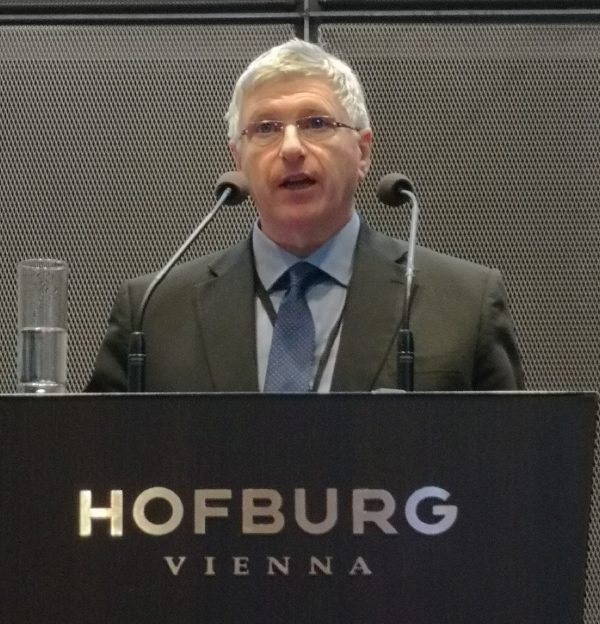Course
Energy Efficiency Retrofit

Sustainable Construction and Development
$399.00
Group Bookings
Summary
Sustainable practices are paramount whilst the construction industry continues to grow, as a result of the significant impact emissions are having on our climate. The ‘Retrofit First’ campaign is forward facing and becoming a critical part of the construction industry. This course will help you become apart of the UK Governments ambitious to reach Net Zero Carbon by 2050.
Overview
Our one day course offers an introduction to energy-efficient retrofitting of existing buildings. It covers topics such as energy performance, retrofit planning and management, quality control, and recent developments in the field, including BSI publications, regulatory reforms, and market opportunities. The course highlights the importance of retrofitting existing buildings for carbon reduction and improved energy efficiency. It also covers the impact of retrofit on climate change and the potential opportunities in both the housing and non-domestic building retrofit markets.
Event Details
Next Available Dates
22nd May 2024
17th October 2024
Structure
- Following purchase of a CIOB Academy course the team will email delegates registration links and additional information, 1 week prior to the course start date.
- Accessing the live webinar sessions during the course require delegates to register using teams
Accordion Closed
Your content goes here. Edit or remove this text inline or in the module Content settings. You can also style every aspect of this content in the module Design settings and even apply custom CSS to this text in the module Advanced settings.
Objectives
At the end of the course you should have an improved understanding of:
- The relevance of the range of issues that make a contribution to the sustainability and energy efficiency of buildings including their carbon production and reduction (e.g. embodied carbon of materials, recycling attributes, quality management, maintenance and repair, use and management of buildings, thermal values, sources of energy).
- Building inspection methods and equipment used including assessing use.
- The range of available retrofit measures, work and actions and making decision on the overall content of a retrofit project.
- The assessment of energy performance of buildings, limitations of assessment methods and the production of EPC’s.
- Retrofit principles and practice – design and installation of common energy efficiency measures.
- Planning and managing a retrofit project including quality management.
- The drivers for improving energy efficiency and current regulations, standards and guidance and how organisations and individuals can demonstrate their competence in retrofit.
- The opportunities available for organisations and individuals in retrofit and how to contribute to the ‘green revolution’ along with commercial opportunities.
Contents
Presentation material will include work examples and there will be exercises as well as quiz and discussion sessions. All types of buildings will be included from the modern to traditional and historic. The outline of the course:
- Introduction to the energy efficiency of buildings and achieving this by following guidance and standards – including relationship with climate change.
- Inspection of buildings including analysis of use.
- EPC’s – different energy assessments, their development, use and limitations.
- Developing a range of retrofit proposals – with the use of online tools.
- Designing and installing retrofit works and measures.
- Planning and managing retrofit projects.
- Quality management – processes, ‘inspection and test plans’, and how the ‘golden thread’ is embedded into a retrofit project.
- Soft landings, audits and post occupancy evaluations
Suitability
This course is suitable for anyone in the construction and property industry who requires additional knowledge on the retrofitting of existing buildings. This ranges from those that assess buildings and are responsible for the design of energy efficiency improvements as well as those that plan and manage retrofit projects. It is therefore suitable for clients, consultants, and contractors.
Assessment
You will take a short multiple choice assessment to test what you have learnt, and will receive a certificate of attainment upon passing.
Other currencies
Course Leader

John Edwards
FCIOB
The course will be delivered by John Edwards, MA, DipBldgCons, CEnv, FCIOB, FRICS, IHBC. John is an expert practitioner, formerly of English Heritage and Cadw and is the lead author of BS 7913: 2013: Guide to the Conservation of Historic Buildings.
A practitioner and part time educator with over thirty years’ experience and has been responsible for the conservation, refurbishment and retrofit of thousands of buildings ranging from social housing to grade 1 listed buildings and Scheduled Monuments. As an industry expert he is a member of the BSI Retrofit Standards Task Group and has contributed to the development of standards and guidance which includes BSI standards on retrofit such as the new yet to be published British Standard for Retrofit Assessment, PAS 2030, PAS 2035 and PAS 2038 along with National Occupational Standards for Construction Site Management Retrofit. A Chartered Environmentalist, Chartered Construction Manager, Chartered Building Surveyor, accredited in building conservation, trained energy assessor, and qualified educator and competency assessor. John is the author of the CIOB Technical Information Sheet on Retrofit which is due for publication in early 2024.
Reviews
Only logged in customers who have purchased this product may leave a review.
Skills Development
Our courses, CPD and publications are guaranteed to meet your development needs and help you gain and maintain industry qualifications and CIOB membership.
We offer on-demand, in-person training, as well as dedicated training solutions to meet your company's needs.
Reviews